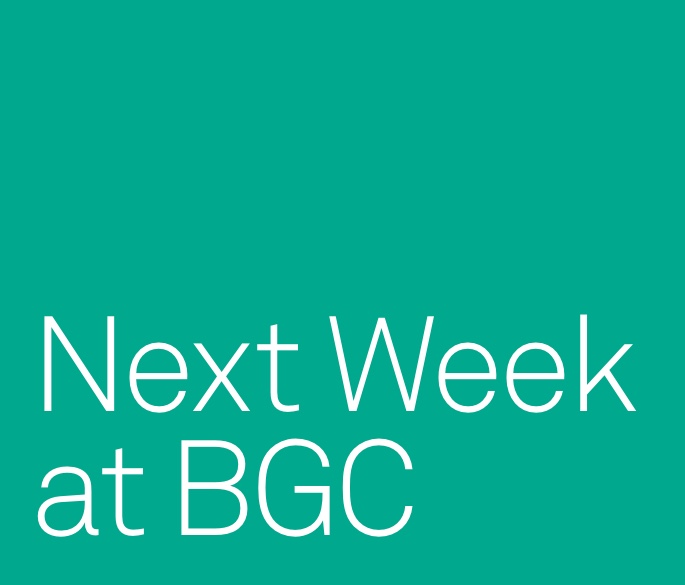|
|

|
|
|
|
Henry Colburn: “Parthian Art Is Still a Problem”
Tuesday, September 14, 12:15–1:15 pm, on Zoom
Henry Colburn writes: “In 1935 Mikhail Rostovtzeff (1870–1952) published a 150-page essay entitled ‘Dura and the Problem of Parthian Art.’ Using a corpus of visual evidence from his ongoing excavations at Dura-Europos, he made the pioneering argument that Parthian art was a cogent and vibrant phenomenon. He saw it as descended from Achaemenid and other Iranian precursors and frequently entangled creatively with Greek and Mesopotamian traditions, rather than being merely an obscure interlude in the history of ancient art. The full significance of this argument went unappreciated for much of the twentieth century, however, and despite achieving some recognition as a minor classic the essay has faded into the background of Parthian and Dura studies alike. In this talk I shall argue that Parthian art is still a ‘problem’ and that Rostovtzeff’s essay remains the best lens through which to view it. I will also outline my larger project to produce a new edition of this seminal text, with an introduction and two additional chapters, in order to make it newly available to both scholars and students. My goal is to create a prolegomena to the study of Parthian art.”
Henry Colburn is a research fellow at the BGC this fall. He earned a PhD in classical art and archaeology from the University of Michigan. His research focuses on the art and archaeology of ancient Iran, and on the regions of the Near East, eastern Mediterranean, and central Asia that interacted with Iran prior to the advent of Islam. His first book on this subject, Archaeology of Empire in Achaemenid Egypt, was published earlier this year. Colburn has held fellowships at the Harvard Art Museums, the Getty Research Institute, and the Metropolitan Museum of Art, and he has taught at the University of California, Irvine; the University of Southern California; the University of California, Riverside; and the Cooper Union. He is also a research associate of the Kelsey Museum of Archaeology at the University of Michigan by virtue of his ongoing work on the seals of the Persepolis Fortification Archive.
|

|
Museum Conversations Seminar with Steven Nelson, Center for Advanced Study in the Visual Arts, National Gallery of Art
Wednesday, September 15, 12:15–1:15 pm, on Zoom
Steven Nelson presents a talk entitled, “From the Academy to the Museum: Thoughts on Scholarship in Different Contexts.”
The Center for Advanced Study, founded in 1979, fosters scholarship into the arts, architecture, and visual cultures without regard to geography or chronology. Throughout its history, researchers from academia, museums, and beyond have pursued their projects to different ends. Understanding the Center as existing at the intersection of the academy and the museum, this discussion considers the similarities and differences of scholarship in these two venues.
Steven Nelson is dean of the Center for Advanced Study in the Visual Arts at the National Gallery of Art, Washington, DC. Nelson has published widely on the arts, architecture, and urbanism of Africa and its diasporas and on queer studies. Nelson is professor emeritus at the University of California, Los Angeles, where he served as director of the African Studies Center and advised the university on its diversity and inclusion strategic planning. Before assuming the role of dean, he was the Center’s Andrew W. Mellon Professor. Most recently, he has joined the Kress Foundation Board of Trustees and has been named as a member of the Society of Architectural Historian’s 2021 class of fellows. Nelson earned a BA in studio art from Yale University and an AM and a PhD in art history from Harvard University.
|

|
All events will be held via Zoom. A link will be circulated to registrants on the day of the event. All events will be live with automatic captions.
|
|
COPY AND PASTE CODE BELOW TO MAILCHIMP
|